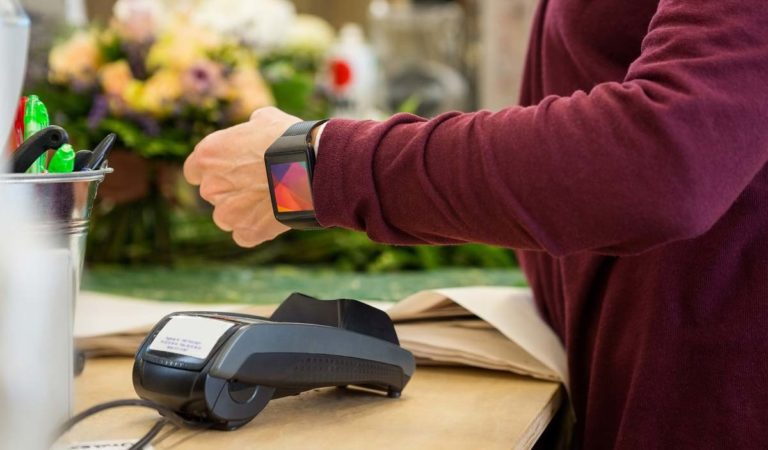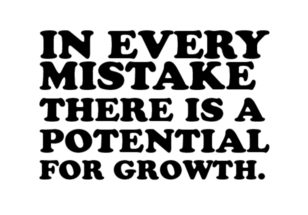How to Commercialize Tech Innovation
Technology companies are in the business of commercializing their products and services, but in spite of pouring millions of dollars into product development, many innovations are not generating enough revenue. During a recent interview on the Sales Benchmark Index (SBI) podcast, i2c founder and chief executive officer Amir Wain discussed how tech companies can make innovation a sustainable, profitable business.
Bake Agility into Your Business Diet
According to host and SBI CEO Greg Alexander, many companies struggle focusing on which business problems to pursue through product development. Wain agreed that finding a sweet spot at the intersection of a market need, a differentiated product, and an organization’s ability to execute is difficult, and that it takes foresight to anticipate market need.
But the devil is often in the details. To address rapid market change, it’s not enough to have a well thought-out plan. You also need to bake agility into the product planning process itself by making it repeatable and incremental improvements iterative.
Wain explained the resource planning process conducted at i2c when discussing how to improve the company’s credit card processing platform, during which business leaders from different parts of the organization, including customer success, service delivery, and engineering, meet to review a list of items where they want the company to devote card processing product development resources.
“Each advocate their case, and others get to question and challenge. Together we determine where the resources must be deployed for that month. The monthly cycle is important, because if the assessment is wrong, then we can quickly adjust and correct course.”
Agility is crucial, he said, “because it allows us to pivot, tweak, realign, and just be ready for whatever the future holds.”
Invention vs. Innovation
Building new products is exciting, but unless they are bought at scale by prospects and customers, the effort is probably wasted. Wain cautioned that there is a difference between being in the invention business versus rolling out a product in a competitive market like digital payments or credit card issuing solutions — and doing that at scale.
“A lot of times engineering and product teams get into the invention business, and it’s cool that they’ve come up with this really exciting stuff. That’s good. But can the company monetize that? Can they commercialize it at scale? That’s the innovation piece.”
Customers Vote with Their Wallets
Ultimately, Wain imparted, the only way to truly validate a product or an innovation is whether or not a customer is willing to pay for it. “For me, the simple test is ‘can I get someone to write a check?’”
From there, the two discussed thinking through the market plan, charting the right routes to market, planning the product life cycle, determining which products to sell to which customers and through which channel, validating value propositions, and defining product differentiation.
Watch the full interview:










